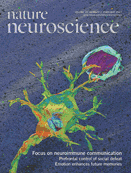 Only days after his paper was published online, a neuroscientist has posted a comment on PubMed alerting readers to several duplication errors.
Only days after his paper was published online, a neuroscientist has posted a comment on PubMed alerting readers to several duplication errors.
Despite the issues, which the researcher says were introduced into the final manuscript after peer review, he reassured readers that they do not influence the final conclusions in the paper.
On February 9, ten days after the article came online, corresponding author Garret Stuber at the University of North Carolina at Chapel Hill wrote a detailed comment on PubMed Commons, explaining that the “research community” had brought four figure-related errors to his attention. After investigating the concerns, Stuber discovered that the problems emerged after the peer-review process, “while revising the manuscript to comply with Nature Neuroscience’s final formatting guidelines.” In his note, he outlined the specific duplication issues that arose, which he says he plans to detail to the journal in a formal corrigendum letter.
Stuber alerted the scientific community about his PubMed comment via Twitter: Continue reading Neuroscientist flags errors in his days-old paper “for the sake of science integrity”


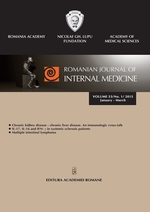 A researcher in Greece has issued extensive — what we sometimes call “
A researcher in Greece has issued extensive — what we sometimes call “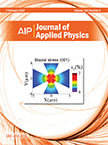 After an international group of physicists agreed that the findings of their 2015 paper were in doubt, they simply couldn’t agree on how to explain what went wrong. Apparently tired of waiting, the journal retracted the paper anyway.
After an international group of physicists agreed that the findings of their 2015 paper were in doubt, they simply couldn’t agree on how to explain what went wrong. Apparently tired of waiting, the journal retracted the paper anyway.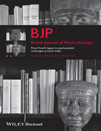 A psychoanalyst has retracted an award-winning 2016 paper over concerns that it contained “sensitive” patient information.
A psychoanalyst has retracted an award-winning 2016 paper over concerns that it contained “sensitive” patient information.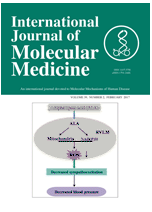
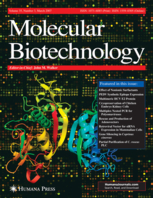
 Researchers in Ireland have retracted a case study about a rare type of cancer in a child because – contrary to what they claimed in the paper – they had not obtained the necessary permission from the parents.
Researchers in Ireland have retracted a case study about a rare type of cancer in a child because – contrary to what they claimed in the paper – they had not obtained the necessary permission from the parents.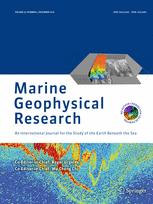 A 2016 paper has been retracted at the request of a company that provides geoscience solutions because the authors—who are employees of the company—included proprietary information and didn’t obtain proper permission.
A 2016 paper has been retracted at the request of a company that provides geoscience solutions because the authors—who are employees of the company—included proprietary information and didn’t obtain proper permission.